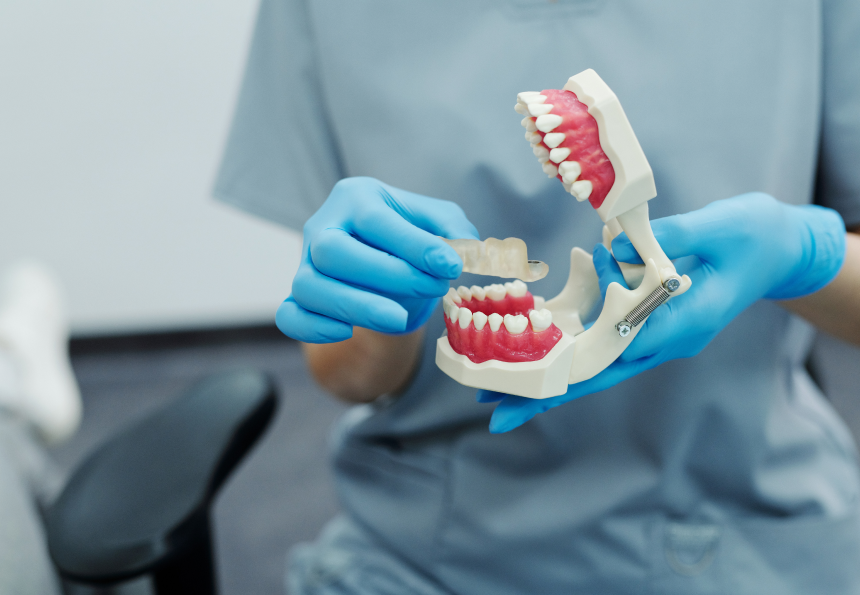Budget-friendly Dental Care Options from Leading Dentists Eugene
Budget-friendly Dental Care Options from Leading Dentists Eugene
Blog Article
Learn More About Constant Dental Worries Your Dental Professional Can Fix
Understanding frequent oral worries is vital for maintaining optimal dental health. Issues such as dental caries, gum disease, tooth sensitivity, foul breath, and dental caries prevail yet usually ignored up until they come to be extreme. Dental professionals possess the know-how to identify and deal with these conditions, consequently protecting against further issues. Regular oral brows through and individualized treatment plans can resolve these troubles efficiently, guaranteeing a much healthier and brighter smile. What certain therapies do dental experts use to fight these issues, and exactly how can early treatment make a difference? The solutions to these concerns offer important understandings right into protecting your oral wellness.
Dental Caries
Dental caries, also referred to as dental cavities, are a common dental wellness issue triggered by the demineralization of tooth enamel as a result of acid production from bacterial plaque. This process starts when microorganisms in the mouth metabolize sugars and starches from food, generating acids that erode the enamel. Otherwise attended to immediately, this disintegration can penetrate deeper into the tooth, influencing the dentin and at some point the pulp, potentially leading to extreme pain and infection.
The early phases of dental caries development usually existing as white areas on the tooth surface, suggesting preliminary demineralization. As the procedure advances, these spots can become brownish or black lesions, symbolizing more extensive decay. Normal dental check-ups are critical for very early detection, as tooth cavities in their incipient stages can be treated with remineralization techniques, such as fluoride treatments.
Once a tooth cavity has actually formed, restorative intervention is necessary. Dental experts commonly get rid of the corroded section of the tooth and fill the cavity with materials such as composite material, amalgam, or ceramic. In much more extreme situations, a crown or origin canal therapy might be required. Safety nets, consisting of good dental hygiene practices and nutritional modifications, play a crucial function in alleviating the risk of cavities.
Gum Tissue Illness
While cavities stand for a substantial issue for oral health, another critical problem that demands focus is periodontal condition. Additionally called periodontal condition, gum tissue illness is an inflammatory condition influencing the cells surrounding and sustaining the teeth. It is largely triggered by the build-up of plaque-- a sticky film of germs that develops on teeth.
Periodontal illness progresses through phases, beginning with gingivitis, identified by soreness, swelling, and hemorrhaging gums (dentists eugene). If left untreated, gingivitis can escalate to periodontitis, where the inner layer of the periodontal and bone pull away from the teeth, creating pockets that come to be contaminated. In time, the contaminants generated by the germs damage down the bone and connective cells that hold teeth in place, possibly resulting in missing teeth
Very early discovery and therapy are critical. Expert dental cleanings and enhanced oral health methods, such as brushing twice everyday and flossing, can handle gingivitis. For more advanced stages, treatments may consist of scaling and root planing, anti-biotics, and even surgical interventions.
Routine dental examinations play a pivotal role in preventing and handling gum illness. Dental experts can determine early indications and advise suitable treatments, ensuring the maintenance of healthy gums and total dental wellness.
Tooth Level Of Sensitivity
Tooth level of sensitivity impacts numerous people worldwide, presenting a typical yet frequently stressful dental issue. This condition arises when the enamel, the outer safety layer of the teeth, is jeopardized, revealing the underlying dentin. The dentin contains microscopic tubules that lead straight to the oral pulp, where nerves stay. When revealed to stimuli such as hot, chilly, sweet, or acidic materials, these nerves are set off, triggering sharp discomfort or pain.
Numerous variables add to enamel disintegration and subsequent tooth level of sensitivity, including aggressive cleaning, acidic foods and beverages, gum tissue economic downturn, and bruxism (teeth grinding) Furthermore, dental treatments such as teeth bleaching can momentarily increase sensitivity.
Halitosis
An additional prevalent oral problem that affects people' everyday lives is bad breath, medically labelled halitosis. Bad breath often originates from advice bad oral health, which permits food fragments to remain in the mouth, promoting microbial development.

Suggestions may involve boosting dental hygiene methods, such as routine cleaning and flossing, using antibacterial mouthwashes, remaining moisturized, and attending to any type of dental concerns. Effective administration of bad breath not only improves oral health and wellness however also considerably enhances quality of life.
Dental Cavity

Stopping dental cavity involves a mix of great oral hygiene practices and routine oral examinations. Cleaning teeth at the very least twice daily with fluoride toothpaste, flossing to eliminate plaque in between teeth, and limiting the intake of sweet foods and drinks are vital safety nets. Fluoride therapies, dental sealants, and professional cleanings given by a dental practitioner can likewise play a significant function in fortifying enamel and protecting against decay.
When dental cavity occurs, very early treatment is crucial. Dental experts can get rid of corroded tissue and restore the tooth with dental fillings made from products such as composite material, amalgam, discover this or porcelain. In more advanced situations, therapies like crowns, root canals, or removals might be necessary. By attending to tooth degeneration immediately, dental experts aid protect oral framework and function, ensuring long-term oral health and wellness.
Final Thought
Dealing with typical dental worries such as cavities, gum tissue disease, tooth sensitivity, halitosis, and dental caries is essential for maintaining ideal oral wellness and total health. Dental experts possess the knowledge have a peek at this site to identify and treat these problems efficiently, making certain customized take care of each client. Normal oral exams and safety nets are important in recognizing and handling these problems early, advertising a much healthier and a lot more certain smile over a life time.

Tooth degeneration, likewise known as oral cavities, happens when the enamel, the outermost layer of the tooth, is deteriorated by acids created by microorganisms in the mouth. Cleaning teeth at the very least two times daily with fluoride toothpaste, flossing to eliminate plaque between teeth, and limiting the consumption of sweet foods and beverages are crucial precautionary steps.Attending to typical oral concerns such as dental caries, periodontal disease, tooth sensitivity, bad breath, and tooth decay is vital for maintaining optimum oral wellness and general health.
Report this page